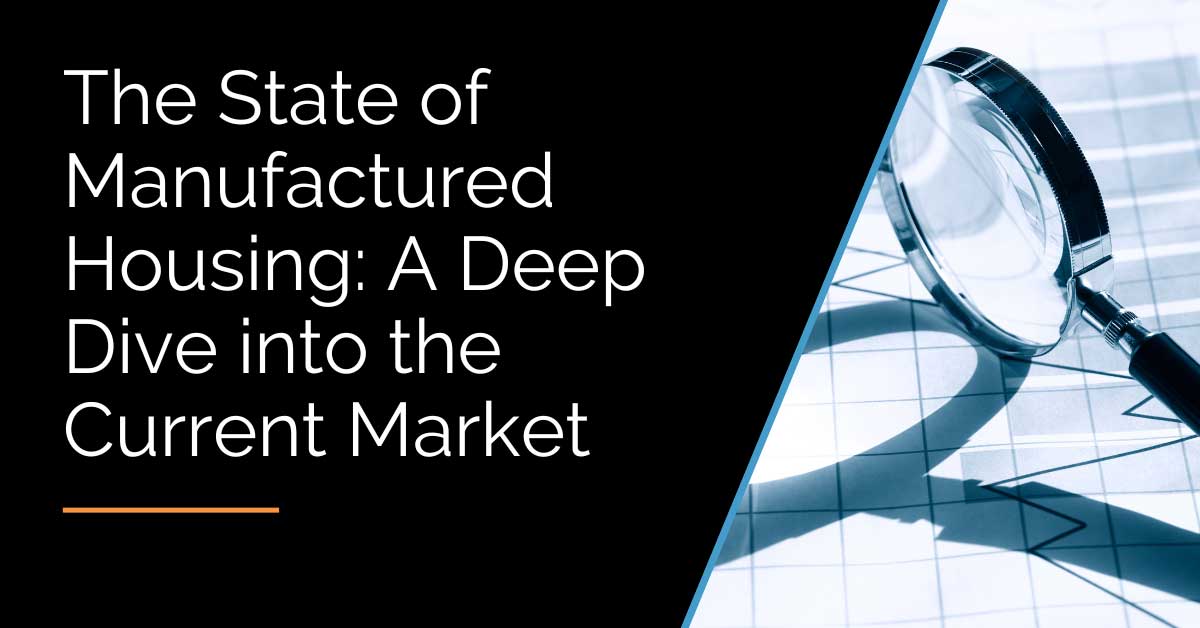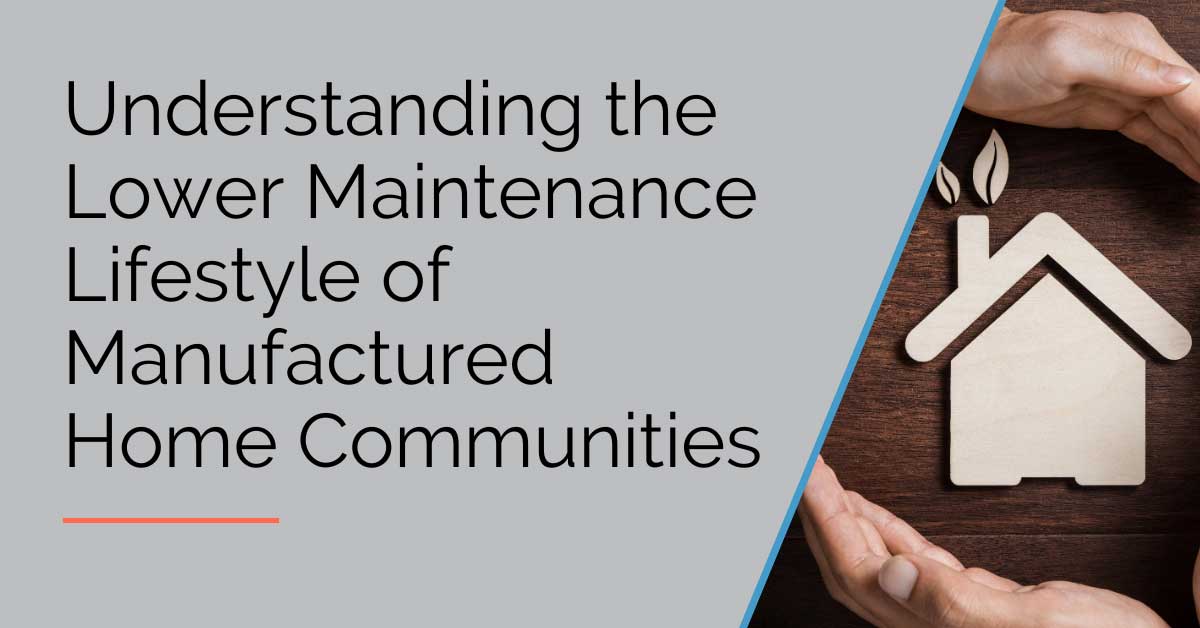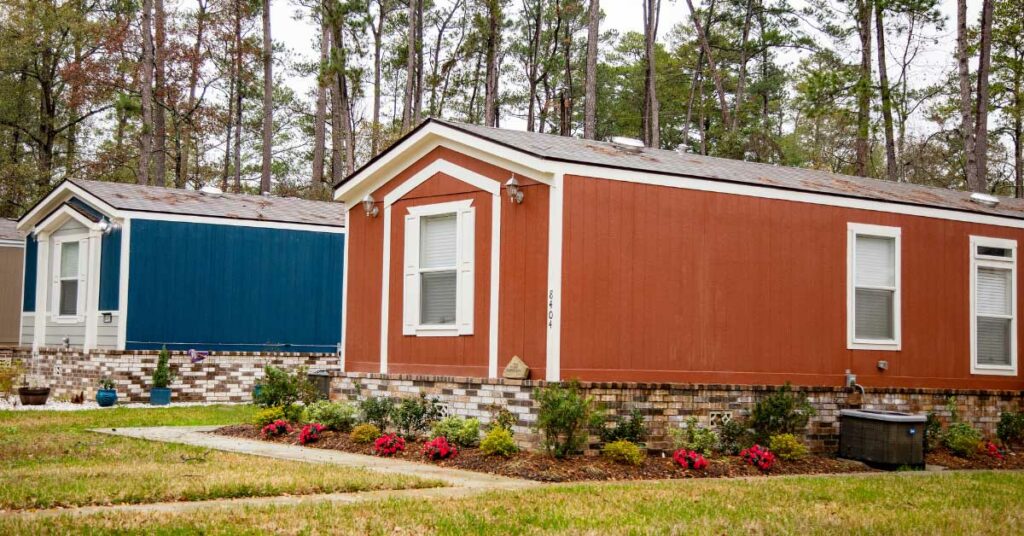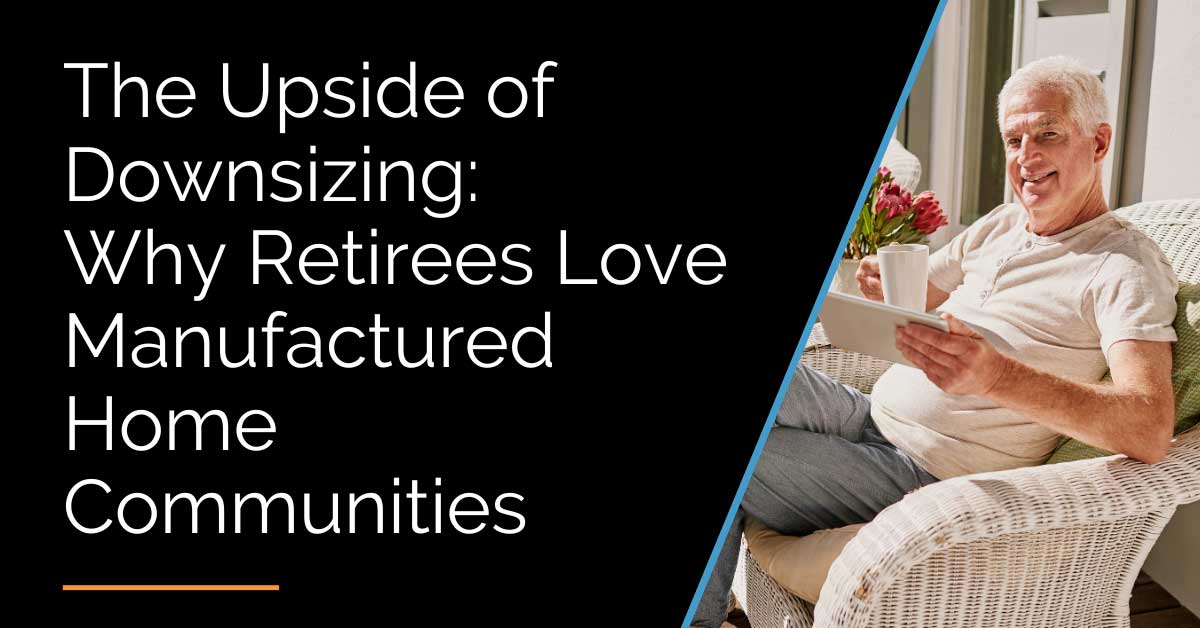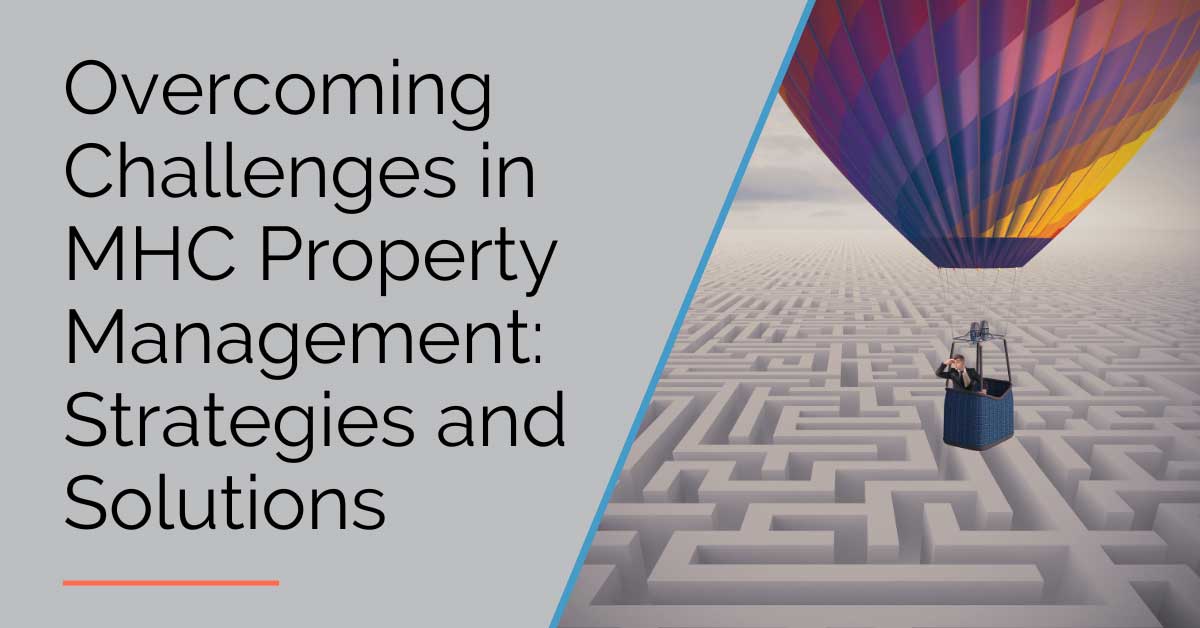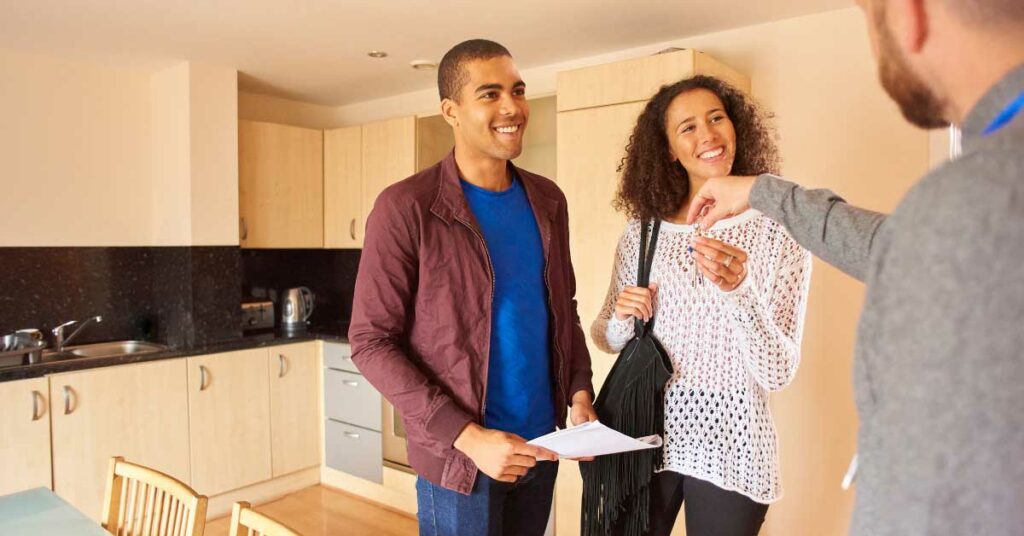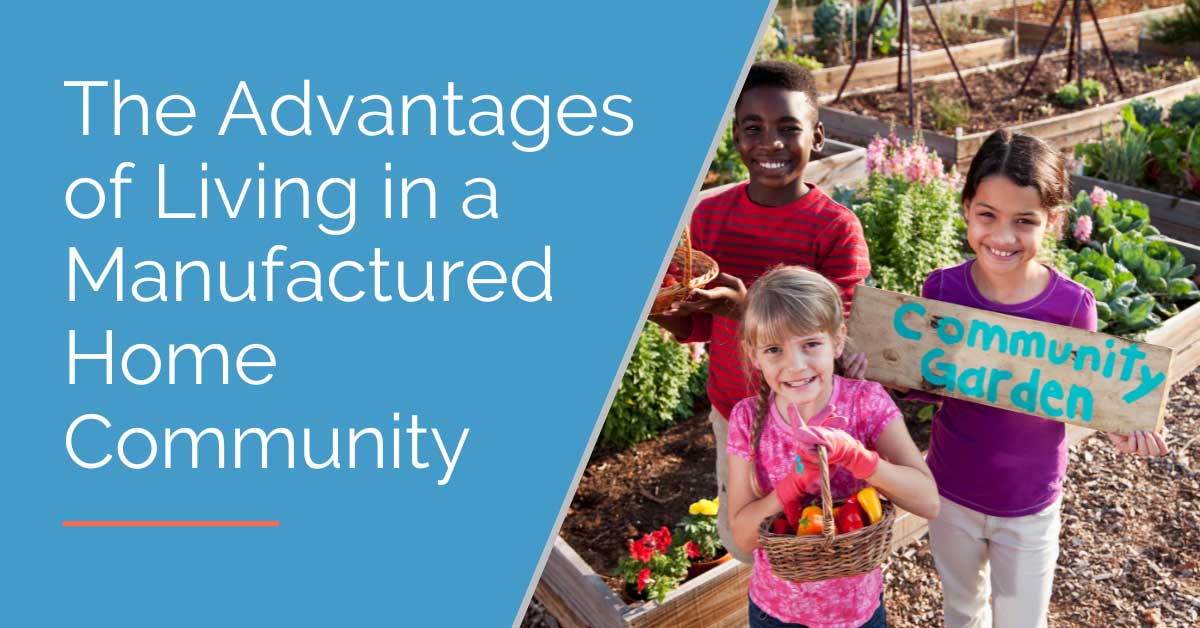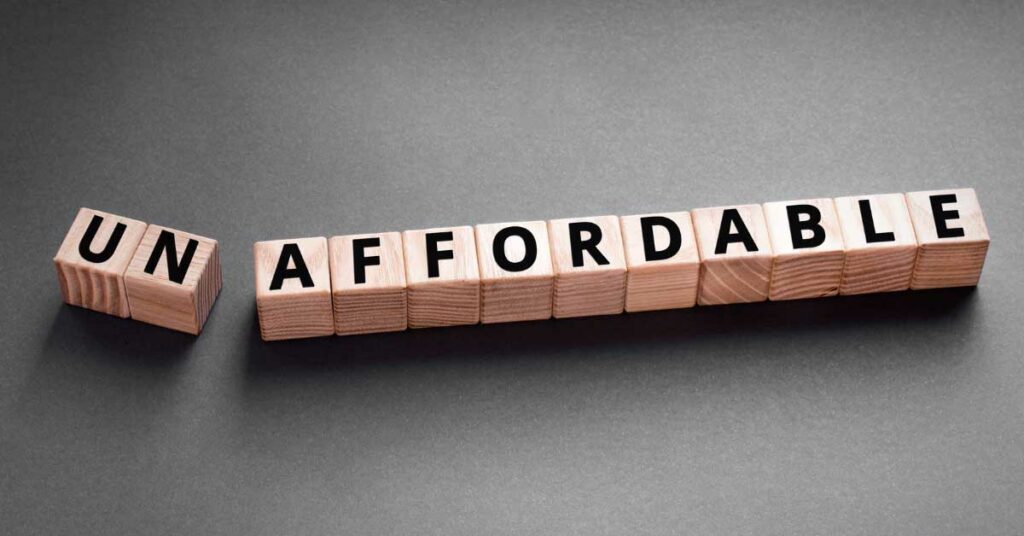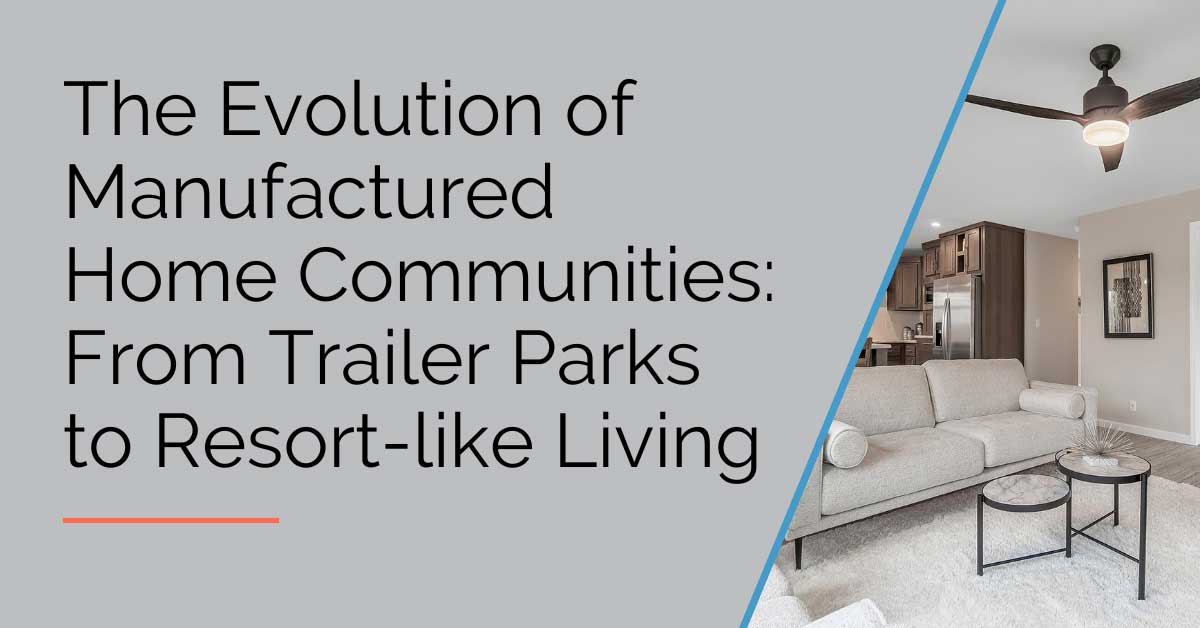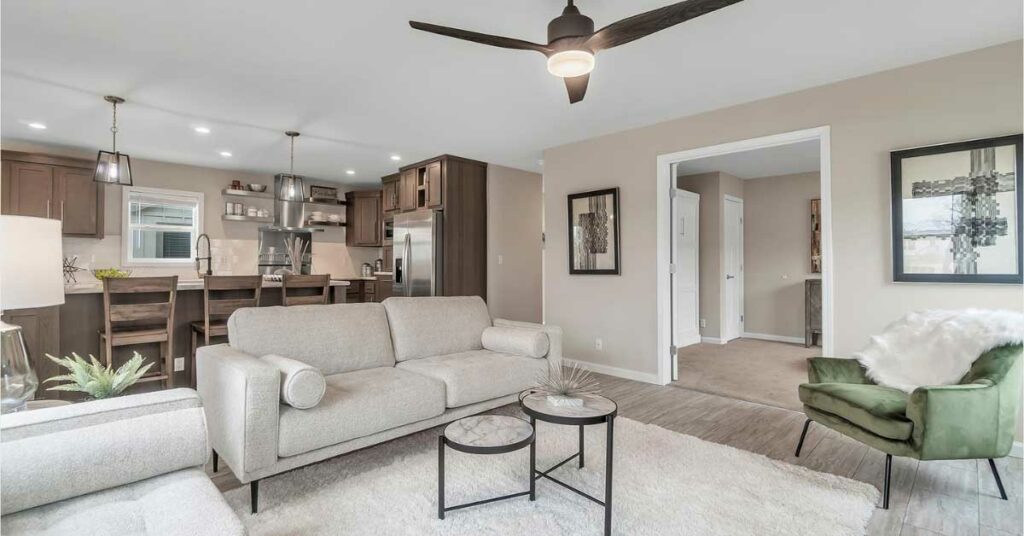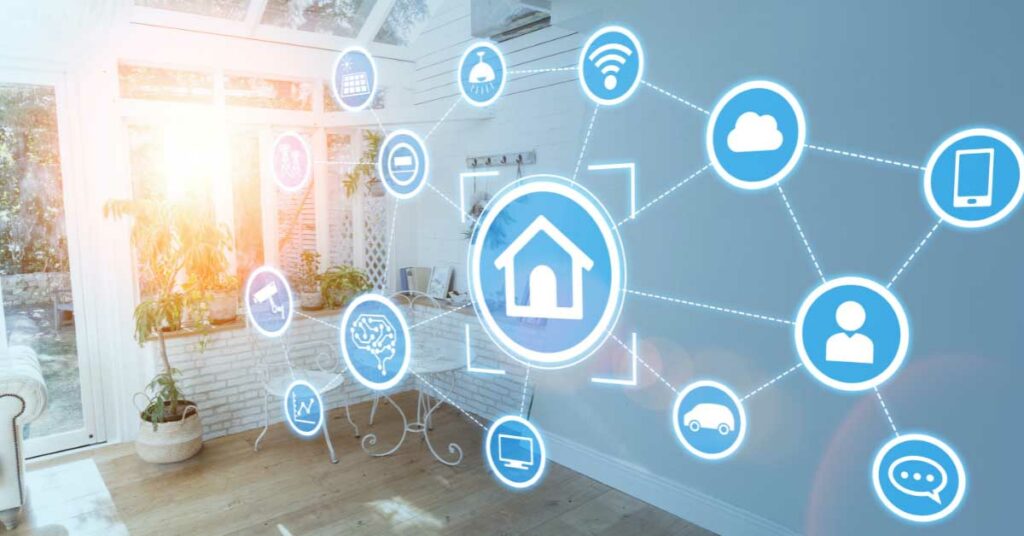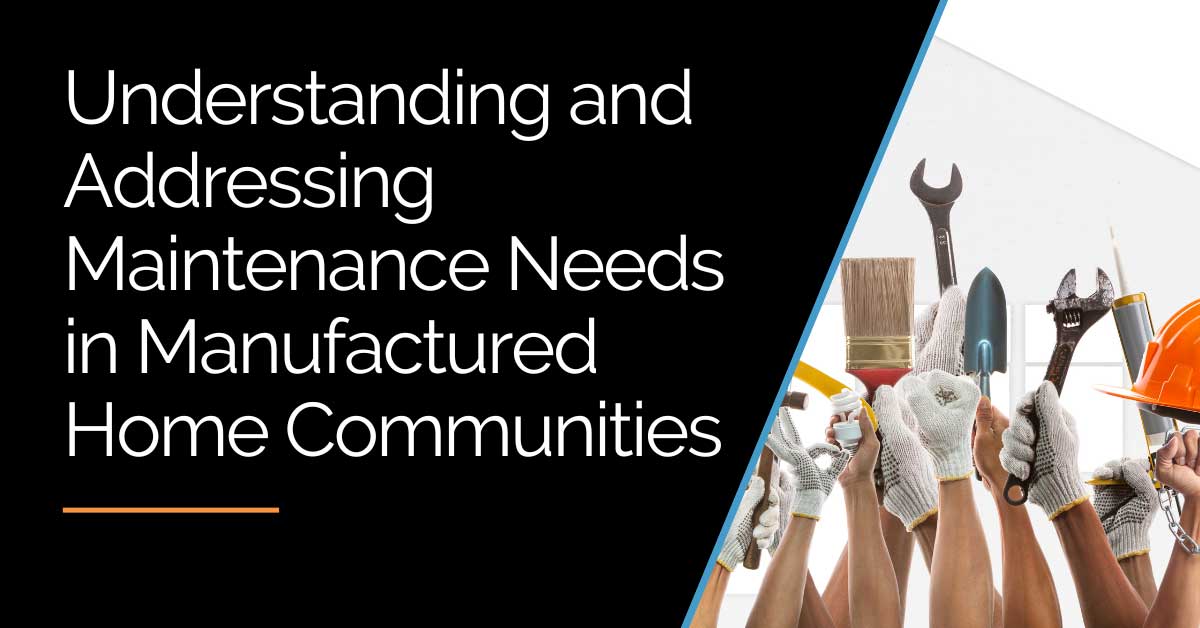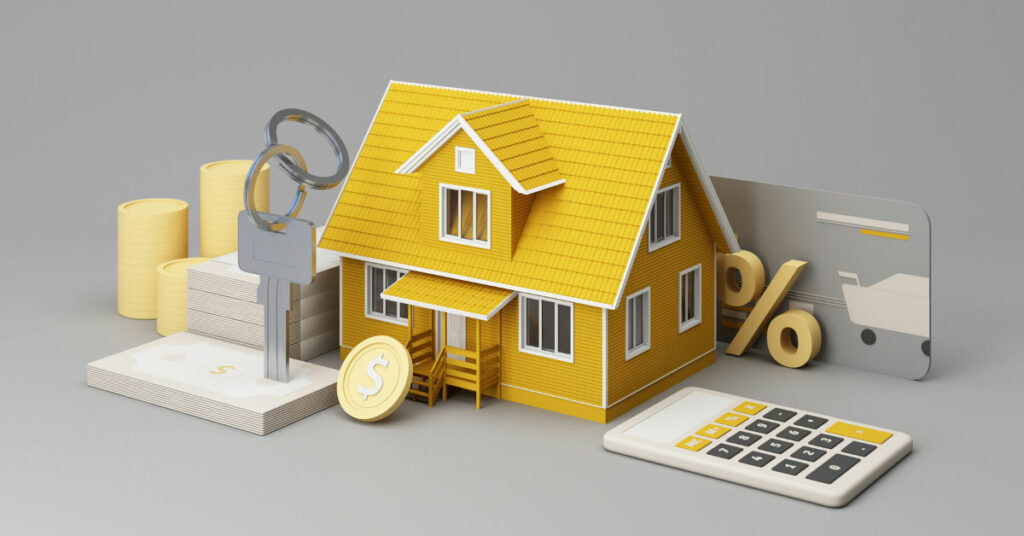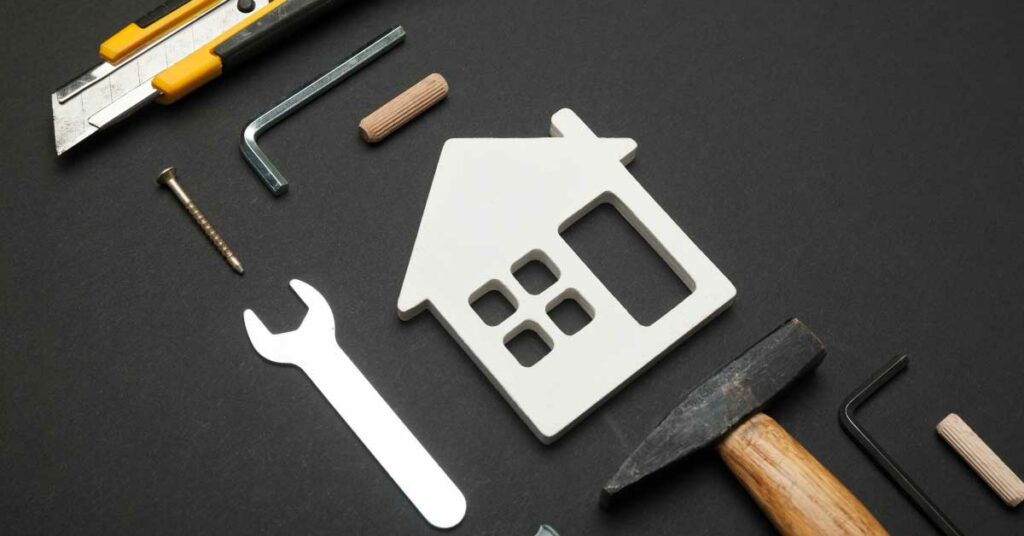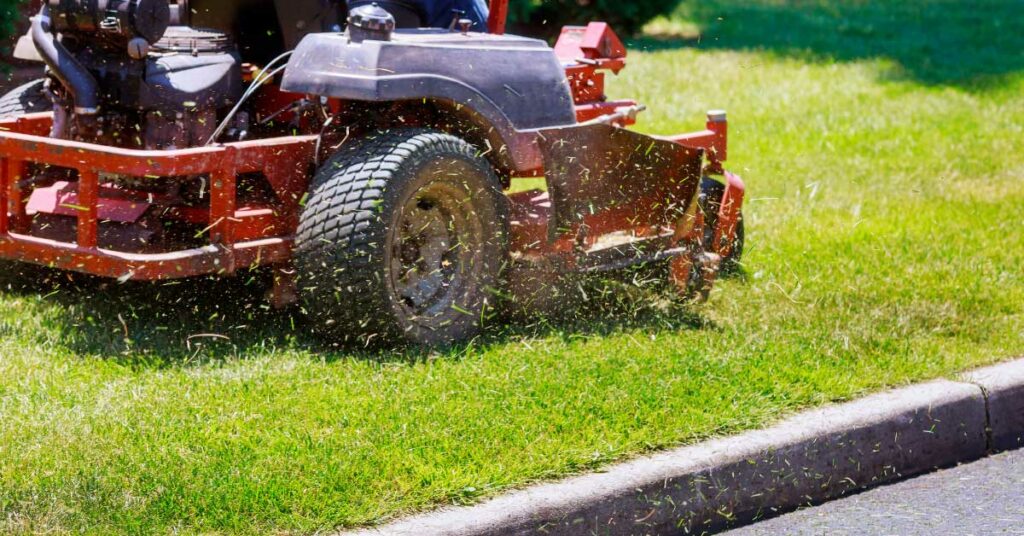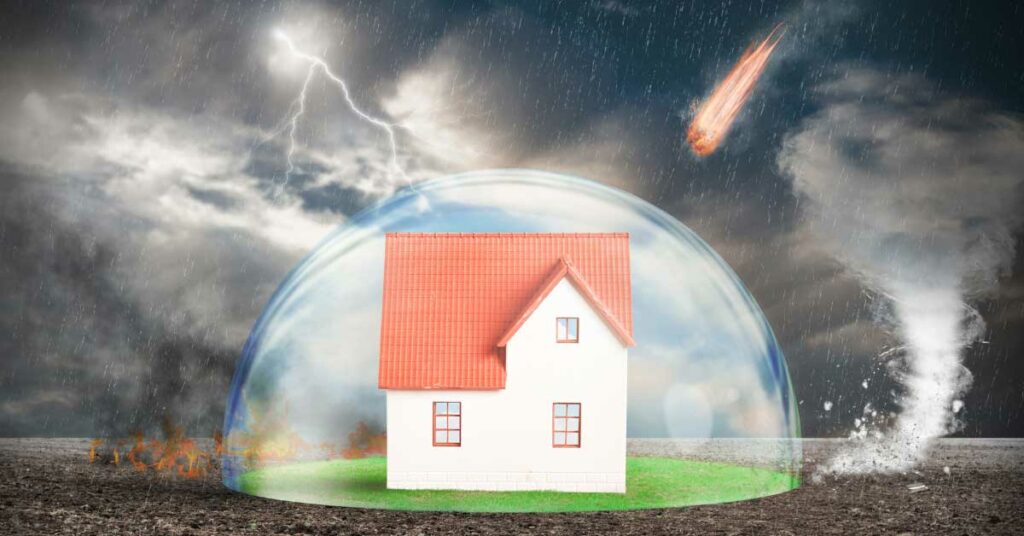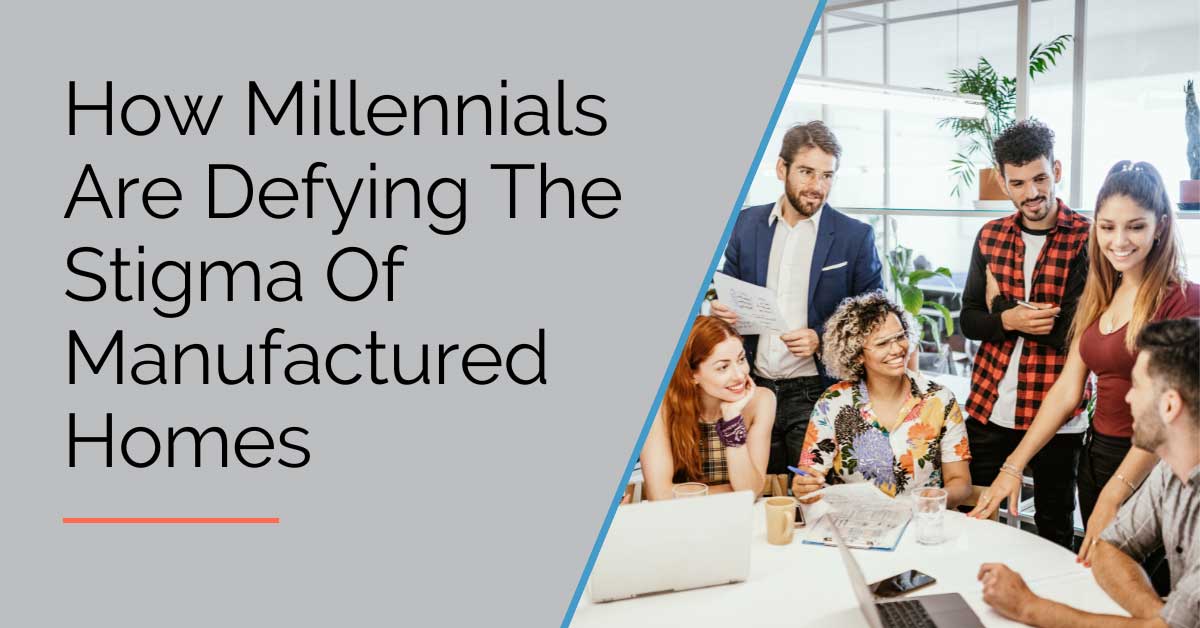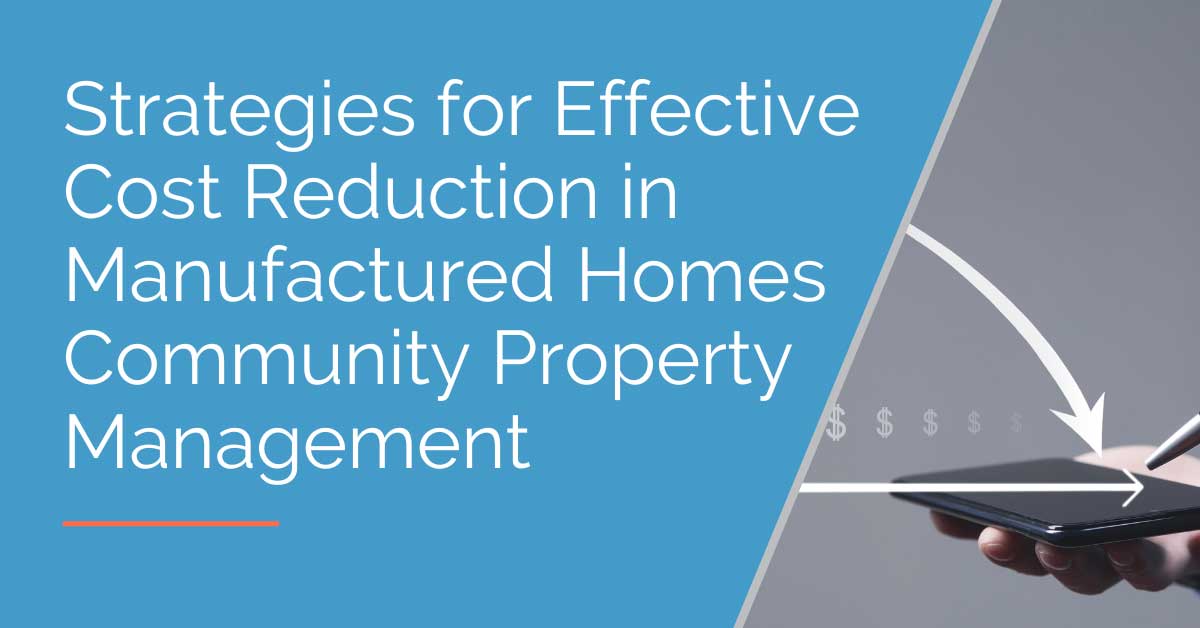The State of Manufactured Housing: A Deep Dive into the Current Market
In recent years, manufactured housing has been gaining traction as an essential contributor to solving the U.S. housing crisis.
This article takes a comprehensive look at the current state of the manufactured housing market, analyzing its growth, challenges, and potential for future expansion.

The Surge in Manufactured Housing
Manufactured homes, which once battled misconceptions about quality and aesthetics, have seen a significant shift in perception.
According to the Manufactured Housing Institute (MHI), nearly 22 million people in the United States live in manufactured homes, and this number is on the rise.
A combination of improved quality standards, affordability, and versatility makes manufactured housing a compelling option for a wide range of buyers, from first-time homeowners to retirees.
Additionally, the ability to efficiently scale production to meet the demand sets manufactured housing apart from traditional site-built homes.
According to the U.S Census Bureau, in recent years, approximately 10% of all new single-family homes were manufactured homes.

Analyzing the Demand
The demand for manufactured homes is being driven by multiple factors
1. Affordability Crisis
As the traditional housing market struggles with high prices and low supply, many potential homeowners are priced out of the market. Manufactured homes often cost less than half per square foot compared to site-built homes, making them an affordable alternative
2. Generational Shifts
Millennials, who now form the largest demographic in the home-buying market, are battling with student debt and rising living costs. The affordability and flexibility of manufactured homes appeal to this demographic

3. Retirees
As baby boomers reach retirement, there’s a growing demand for affordable, downsized living options. Manufactured homes fit this requirement perfectly
4. Rural Housing Needs
In many rural areas, there’s a lack of quality affordable housing. Manufactured homes can fill this gap effectively, given their ease of transport and installation
The Current Challenges
Despite the steady growth, the manufactured housing sector faces several challenges
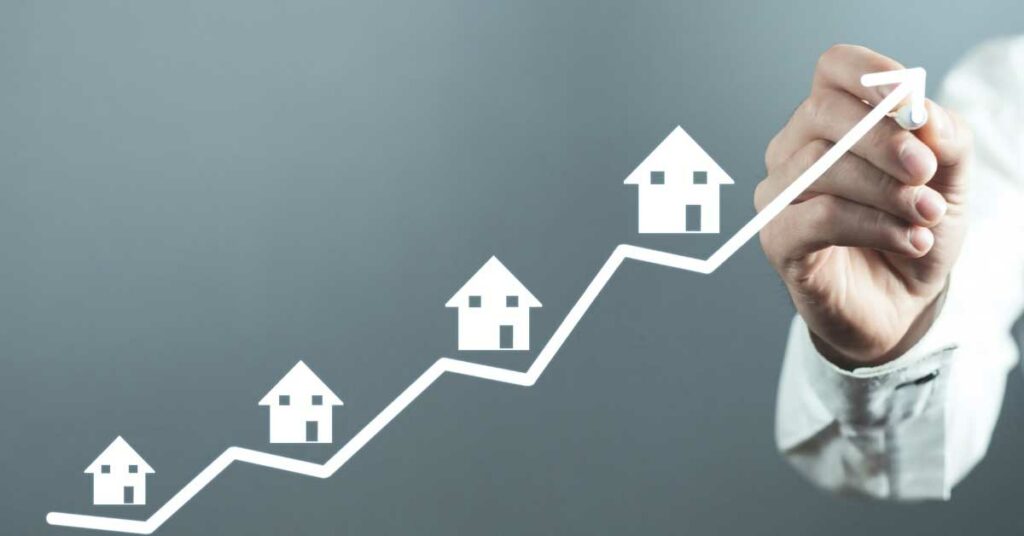
Financing
Even though manufactured homes cost less, securing loans can be more difficult. Manufactured homes are often classified as personal property rather than real estate, which limits financing options.
Regulatory Barriers
Zoning restrictions in many areas prohibit the installation of manufactured homes. Changing these regulations requires significant advocacy efforts.
Perception
Despite significant improvements in quality and design, some potential buyers still perceive manufactured homes negatively.
Future Outlook
The potential for manufactured housing to contribute to the U.S housing supply is enormous. To tap into this potential, several things need to occur

Policy Changes
Policymakers need to consider reforms that encourage the use of manufactured homes. This could involve adjusting zoning laws, streamlining regulations, and promoting inclusive financing options.
Education and Advocacy
Manufactured home communities, property managers, and industry stakeholders need to educate the public about the quality, versatility, and affordability of modern manufactured homes.
Industry Innovation
Continued advancements in design, energy efficiency, and customization options can further enhance the appeal of manufactured homes.
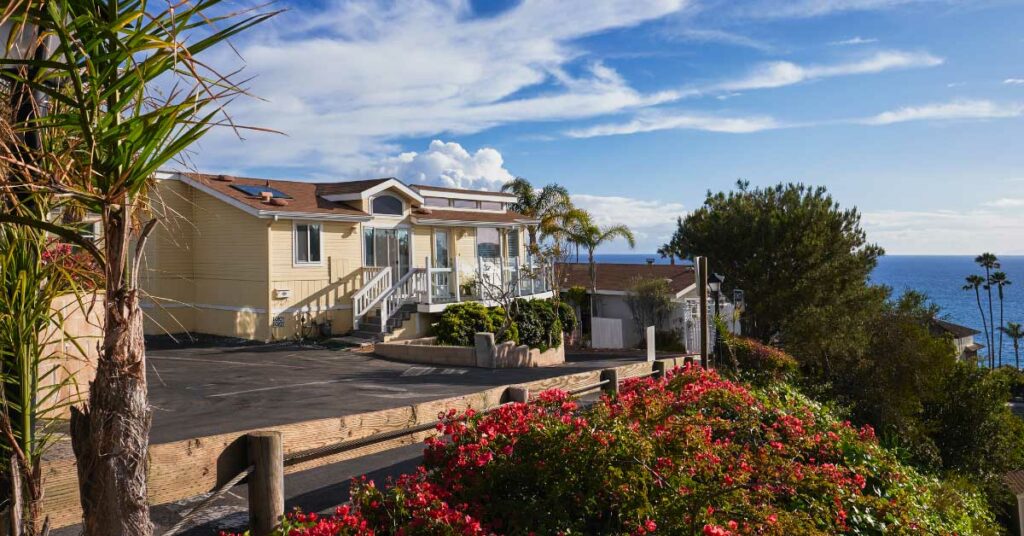
Final Thoughts
The manufactured housing market is in a state of flux.
Amid the affordability crisis, the appeal of manufactured homes is more apparent than ever.
However, the industry needs to navigate a landscape marked by regulatory challenges, financing issues, and perception barriers.
Despite these challenges, the outlook for the manufactured housing market remains optimistic. As we continue to innovate, advocate, and educate, manufactured homes can play an even more substantial role in meeting America’s housing needs.
About the Author
Anequim is your strategic partner in the Manufactured Homes Community sector, providing skilled, bilingual virtual assistants that cater to MHC owners, investors, Property Managers, and Property Management companies.
With specialized services ranging from leasing calls to property maintenance coordination, accounting, and more, Anequim’s comprehensive approach is uniquely designed to support the varied needs of the MHC industry. Their dedicated team expertly handles recruitment, learning and development, performance management, creating tailored solutions that drive efficiency and success in your community.
Visit Anequim today to discover how their Remote Professionals can enhance your operations and investment in the Manufactured Homes Community.

